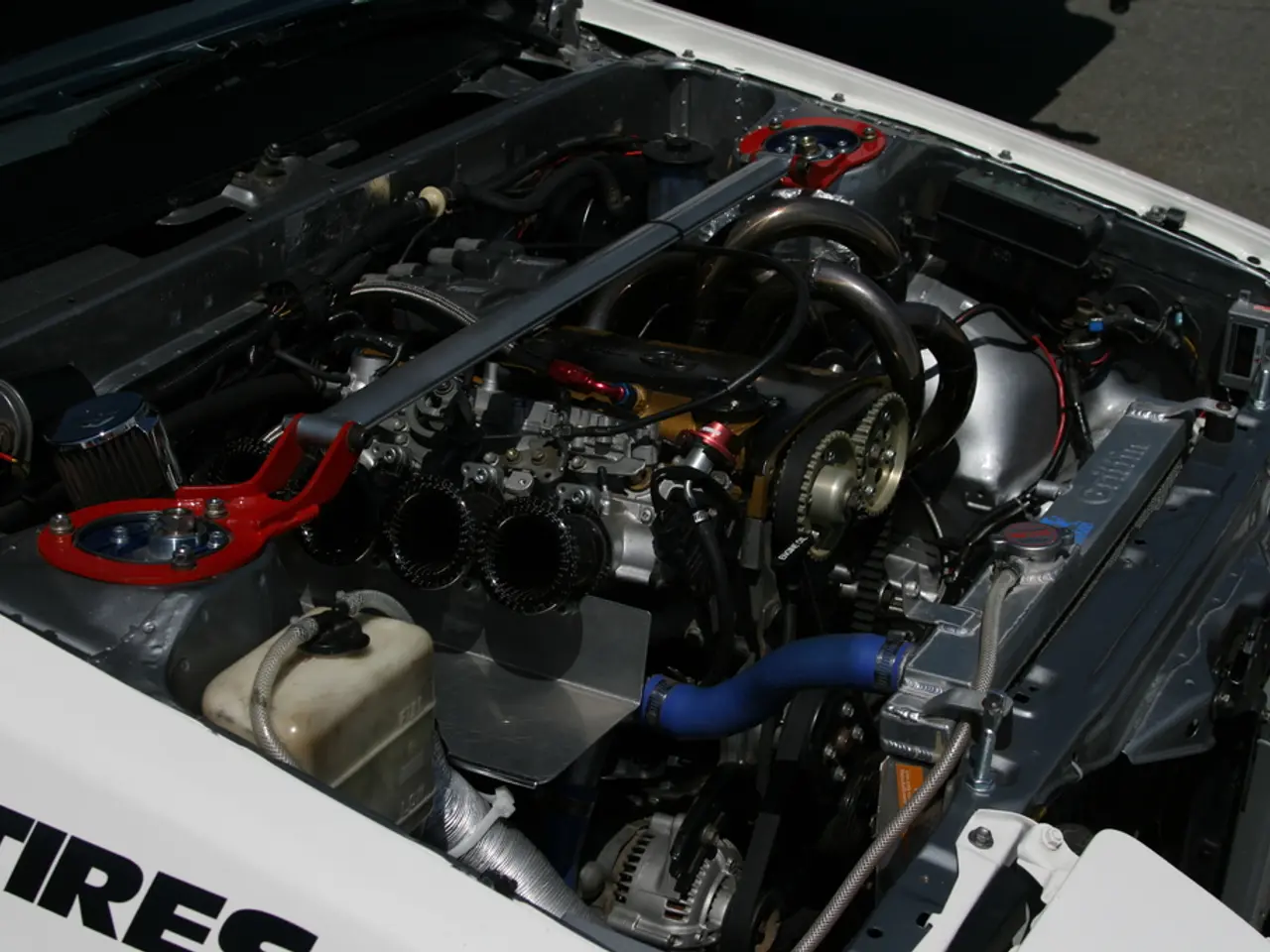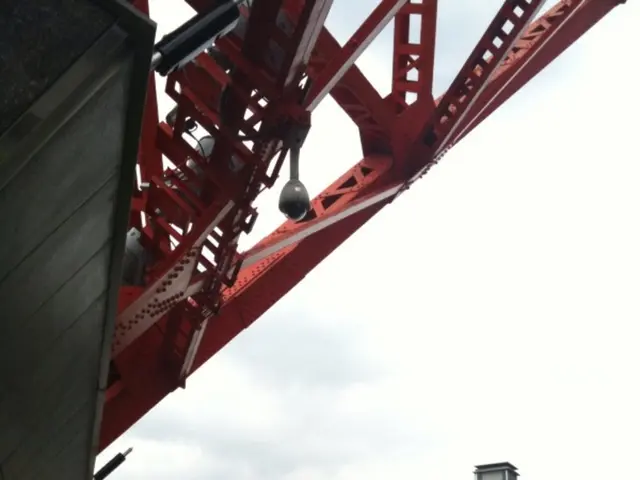European researchers, specifically from Münster, predict future energy needs for battery cell manufacturing across the continent.
Professor Simon Lux, an expert in applied electrochemical energy storage technology and economics at the University of Münster, has emphasized the importance of strengthening local battery supply chains in Europe. This call to action comes as Europe faces growing demand for electric motors and stationary batteries, which could save 90 TWh of energy that would otherwise be consumed for the extraction, processing, and refining of fossil fuels.
To achieve this goal, Professor Lux's research team, which includes members from the Fraunhofer Institute for Production Technology, has conducted an energy demand analysis using a simulation model developed at the Institute for Business Management in the Faculty of Chemistry and Pharmacy at the University of Münster. The study is based on a life cycle analysis using data from current research and the "ecoinvent" database, representing a simplified battery lifecycle.
According to the research, Europe needs to recycle around 800 gigawatt-hours of battery capacity annually by 2050 to reduce energy demand for battery production. This would lead to a significant reduction in energy demand, with recycling capacities in Europe potentially reducing the energy for battery production by 33 to 46 percent.
To support this recycling infrastructure, the EU needs to adopt policy decisions that establish and support a well-developed recycling infrastructure capable of recycling 800 gigawatt-hours of battery capacity annually by 2050. This would involve implementing large-scale funding programs and industrial policies to promote European autonomy in battery cell production and recycling.
The research team appeals to EU political decision-makers to enable companies to develop sustainable and resilient recycling capacities through appropriate regulations. A well-developed recycling infrastructure is necessary to achieve self-sufficiency in battery production by 2050, as the annual European energy demand for local battery cell production is predicted to increase from 3.5 terawatt-hours (TWh) to around 250 TWh by 2050.
Large investments in renewable energy generation and infrastructure are also necessary due to the disproportionate growth of electricity demand based on batteries. As Europe moves towards a more electrified future, strengthening local battery supply chains and developing a robust recycling infrastructure will be crucial to reducing energy consumption, promoting sustainability, and ensuring Europe's energy security.
Read also:
- Elon Musk Acquires 26,400 Megawatt Gas Turbines for Powering His AI Project, Overlooks Necessary Permits for Operation!
- U Power's strategic collaborator UNEX EV has inked a Letter of Intent with Didi Mobility to deploy UOTTA(TM) battery-swapping electric vehicles in Mexico.
- Commercial-grade hydrogen enhancement systems manufacturing initiated by H2i Technology
- Toyota strikes a deal in Shanghai for a solely owned Lexus electric vehicle production plant.







